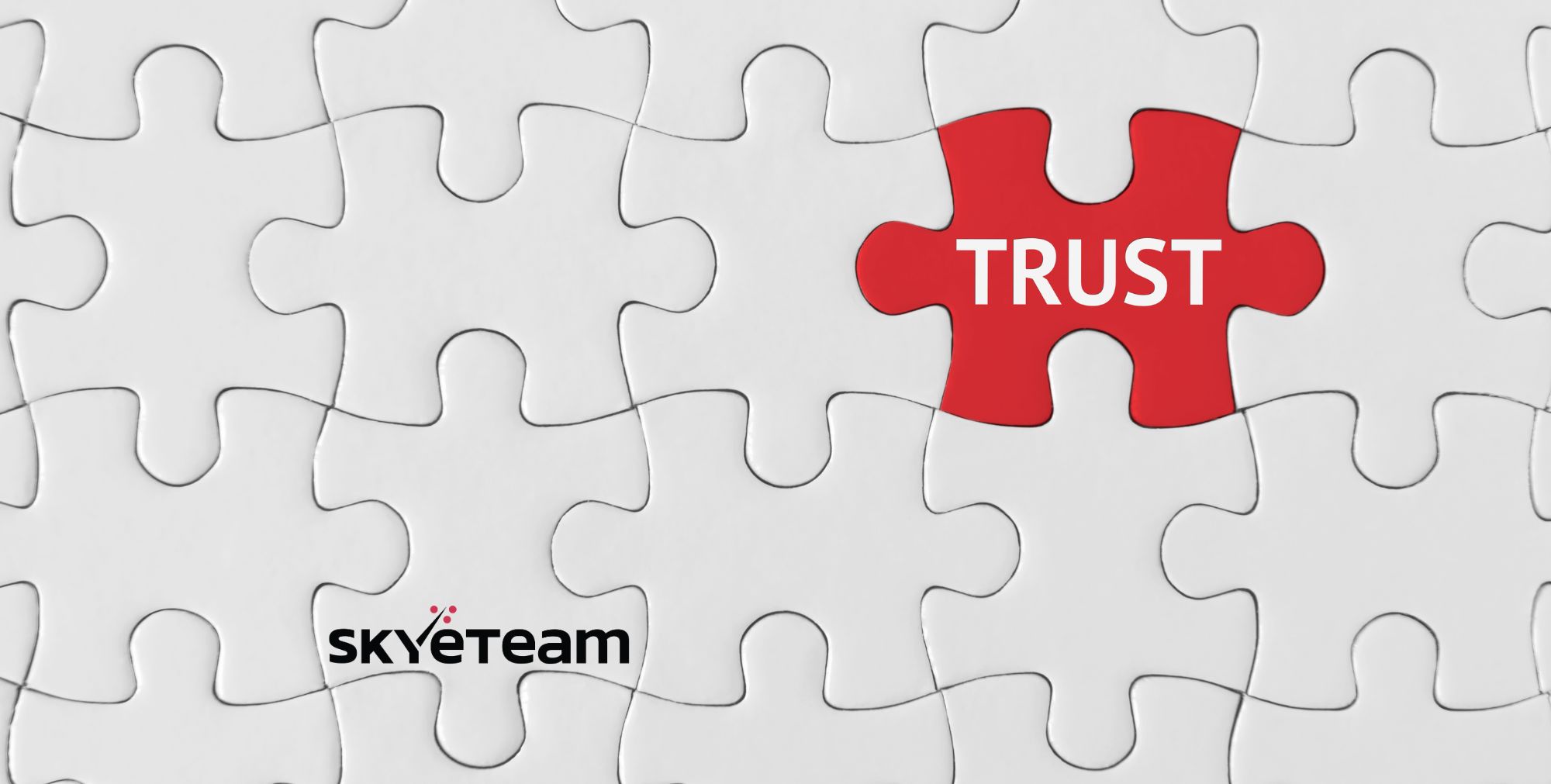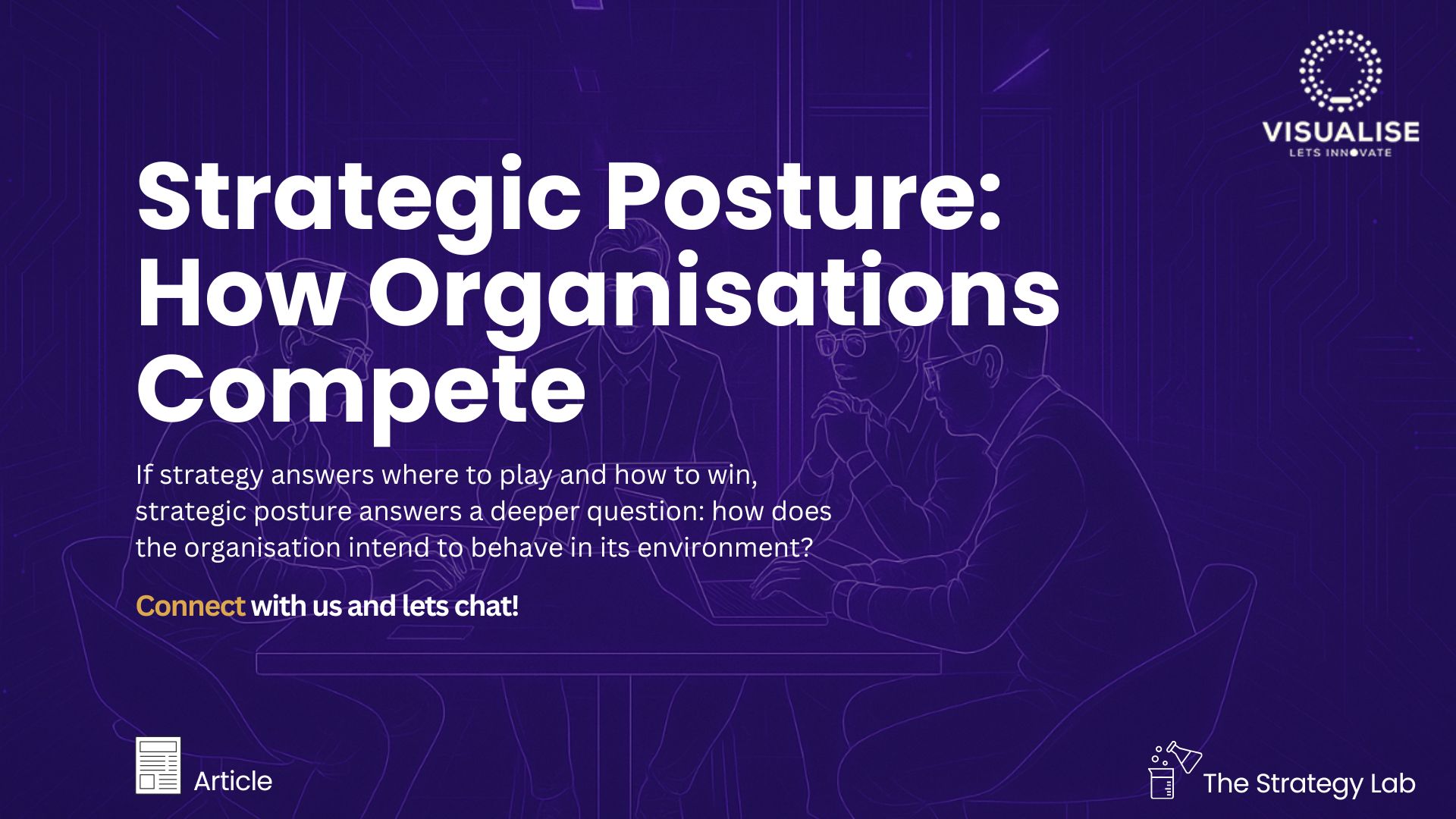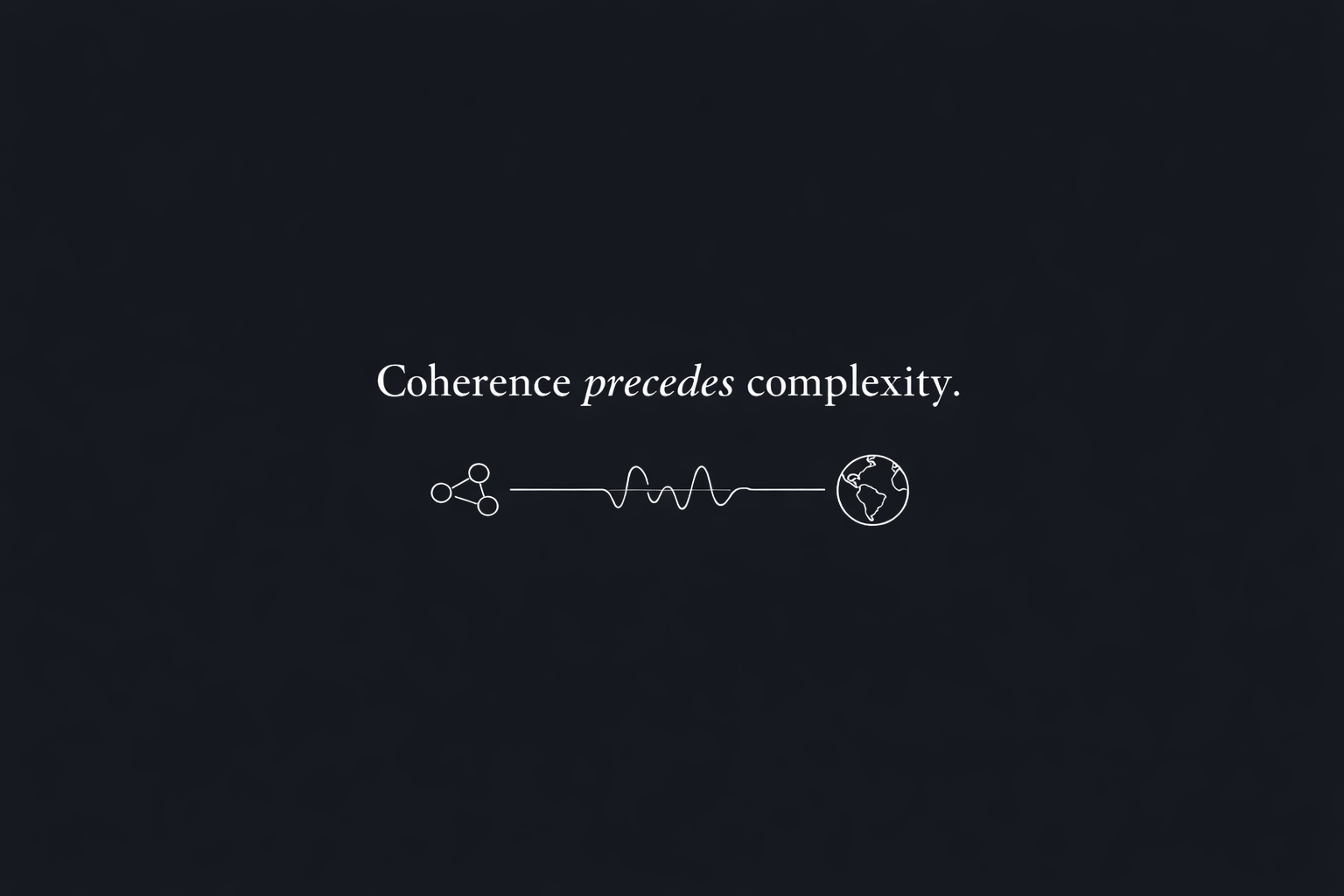Mar11

Every time we engage with someone at work, whether we realize it or not, we are asking these four questions. If the answer is yes to all of them, trust and strong relationships flourish. If the answer is no—things start to fall apart.
This is the foundation of any professional relationship. Will you show up? Follow through? Do what you say you’ll do? This is the baseline for teamwork—without it, we’re just a group of individuals working in the same place, not colleagues.
This takes reliability a step further. Beyond reacting when asked, do you proactively step up? Do you notice what needs to be done and handle it? Dependability turns colleagues into true collaborators.
These first two questions are transactional. They help teams function—but they don’t create true workplace relationships. That’s where the next two questions come in.
No, this doesn’t mean we need to be best friends or grab drinks after work. But it does mean recognizing that we are people, not just job titles. Do I take time to understand what matters to you? Do I care about your success as much as my own? Without a yes here, relationships stay surface-level and disengaged.
This is the game-changer. Do I trust you enough to be honest? To share concerns, ideas, and even failures without fear of judgment? Without trust, collaboration is forced, feedback is withheld, and teams never reach their full potential.
And yet, this is the very question that leaders hold back on. They assume trust must be earned over time—but they’re forgetting that trust is also given.
How to Build Trust Faster (Without Just Giving It Away Blindly)So how do you accelerate trust? How do you move from heck no → not yet → heck yes in weeks or months instead of years?
Be upfront about your expectations. - Leaders often assume their teams know what trust looks like to them. They don’t. Say it out loud:
"Here’s what trust means to me. Here’s how I know I can count on you. Here’s what you can expect from me."
Clarity accelerates trust.
Look for reasons to trust—not just reasons to doubt. - Too many leaders scan for mistakes instead of evidence of reliability. If someone has been delivering results for years, don’t make them start from zero just because you’re new to the equation.
Go first. - Trust isn’t just earned—it’s given in small moments. Share something real. Ask for input. Be transparent about what you don’t know. The fastest way to get trust? Show it.
Keywords: Careers, Coaching, Leadership
 HR Is Designed to Maintain. Succession Planning Demands It Transform.
HR Is Designed to Maintain. Succession Planning Demands It Transform. AI and Embedded Connectivity: A New Era of Smart Devices
AI and Embedded Connectivity: A New Era of Smart Devices Strategic Posture: How Organisations Compete
Strategic Posture: How Organisations Compete Coherence Before Complexity
Coherence Before Complexity The Corix Partners Friday Reading List - February 20, 2026
The Corix Partners Friday Reading List - February 20, 2026